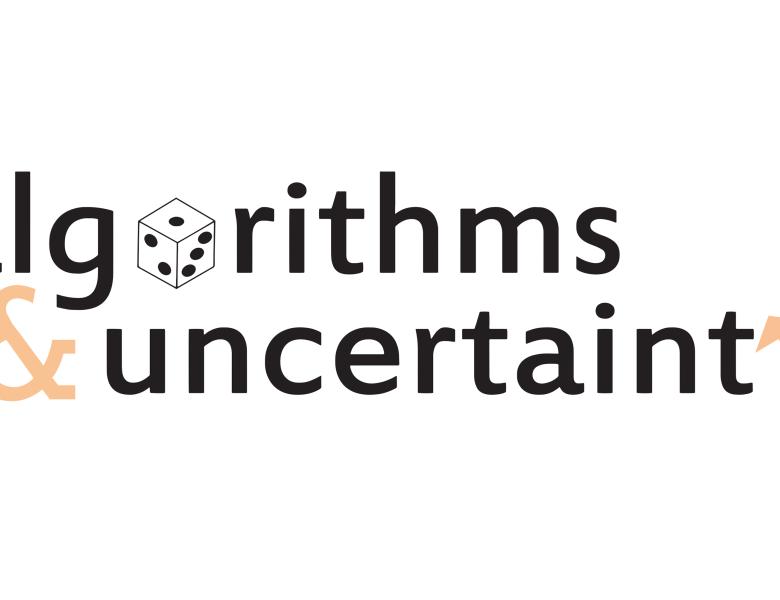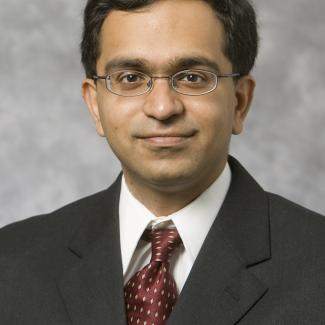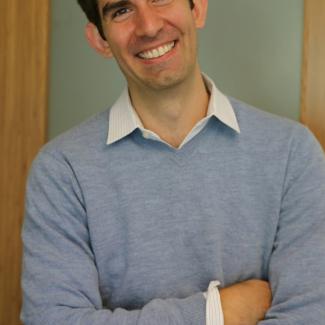
Jakub Łącki (Sapienza University of Rome), Susanne Albers (Technische Universität München), Aris Anagnostopoulos (Sapienza University of Rome), Peter Auer (University of Leoben), Joseph Azar (Tel Aviv University), Nikhil Bansal (Eindhoven University of Technology), Peter Bartlett (UC Berkeley), Don Berry (University of Texas MD Anderson Cancer Center), Eilyan Bitar (Cornell University), Avrim Blum (Carnegie Mellon University), Sébastien Bubeck (Microsoft Research), Niv Buchbinder (Tel Aviv University), Chris Cameron (University of British Columbia), Nicolò Cesa-Bianchi (University of Milan), Shuchi Chawla (University of Wisconsin-Madison), Edith Cohen (Tel Aviv University and Google Research), Ilan Cohen (Tel Aviv University), Artur Czumaj (University of Warwick), Amit Daniely (Hebrew University), Sina Dehghani (University of Maryland), Nikhil R. Devanur (Microsoft Research), Alon Eden (Tel Aviv University), Vivek Farias (Massachusetts Institute of Technology), Amos Fiat (Tel Aviv University), Fabrizio Grandoni (IDSIA, University of Lugano), Sudipto Guha (University of Pennsylvania), Anupam Gupta (Carnegie Mellon University), Varun Gupta (University of Chicago), Guru Guruganesh (Carnegie Mellon University), MohammadTaghi Hajiaghayi (University of Maryland), Elad Hazan (Princeton University), Longbo Huang (Tsinghua University), Sungjin Im (UC Merced), Nicole Immorlica (Microsoft), Ramesh Johari (Stanford University), Sampath Kannan (University of Pennsylvania), Anna Karlin (University of Washington), Emilie Kaufmann (CNRS, Université Lille), Thomas Kesselheim (Max Planck Institute for Informatics and Saarland University), Erica Klarreich, Bobby Kleinberg (Cornell University), Tomer Koren (Google Research), Ilias Koutsoupias (University of Oxford), Ravi Krishnaswamy (Microsoft Research), Janardhan Kulkarni (Microsoft Research Redmond), Amit Kumar (IIT Delhi), Ravi Kumar (Google), Stefano Leonardi (Sapienza University of Rome), Kevin Leyton-Brown (University of British Columbia), Jian Li (Tsinghua University), Na Li (Harvard University), Katrina Ligett (Hebrew University), Raphael Louca (Cornell University), Yishay Mansour (Tel Aviv University), Marco Molinaro (PUC-Rio de Janeiro Brazil), Ben Moseley (Washington University in St. Louis), Kamesh Munagala (Duke University), Viswanath Nagarajan (University of Michigan), Seffi Naor (Technion Israel Institute of Technology), Debmalya Panigrahi (Duke University), Kameshwar Poolla (UC Berkeley), Balaji Prabhakar (Stanford University), Sasha Rakhlin (University of Pennsylvania), R. Ravi (Carnegie Mellon University), Ben Recht (UC Berkeley), Rhonda Righter (UC Berkeley), Tim Roughgarden (Stanford University), Piotr Sankowski (University of Warsaw), Saeidreza Seddighin (University of Maryland), C. Seshadhri (UC Santa Cruz), Jay Sethuraman (Columbia University), David Shmoys (Cornell University), Yaron Singer (Harvard University), Sahil Singla (Carnegie Mellon University), Aleksandrs Slivkins (Microsoft Research), R. Srikant (University of Illinois at Urbana-Champaign), Leen Stougie (Free University of Amsterdam), Xiaorui Sun (Columbia University), Ola Svensson (EPFL), Marc Uetz (University of Twente), Eli Upfal (Brown University), Shai Vardi (California Institute of Technology), Marilena Vendittelli (Sapienza University of Rome), Jan Vondrák (Stanford University), David Wajc (Carnegie Mellon University), Jean Walrand (UC Berkeley), Matt Weinberg (Princeton University), Adam Wierman (California Institute of Technology), Qiaomin Xie (University of Illinois at Urbana-Champaign), Yinyu Ye (Stanford University)








